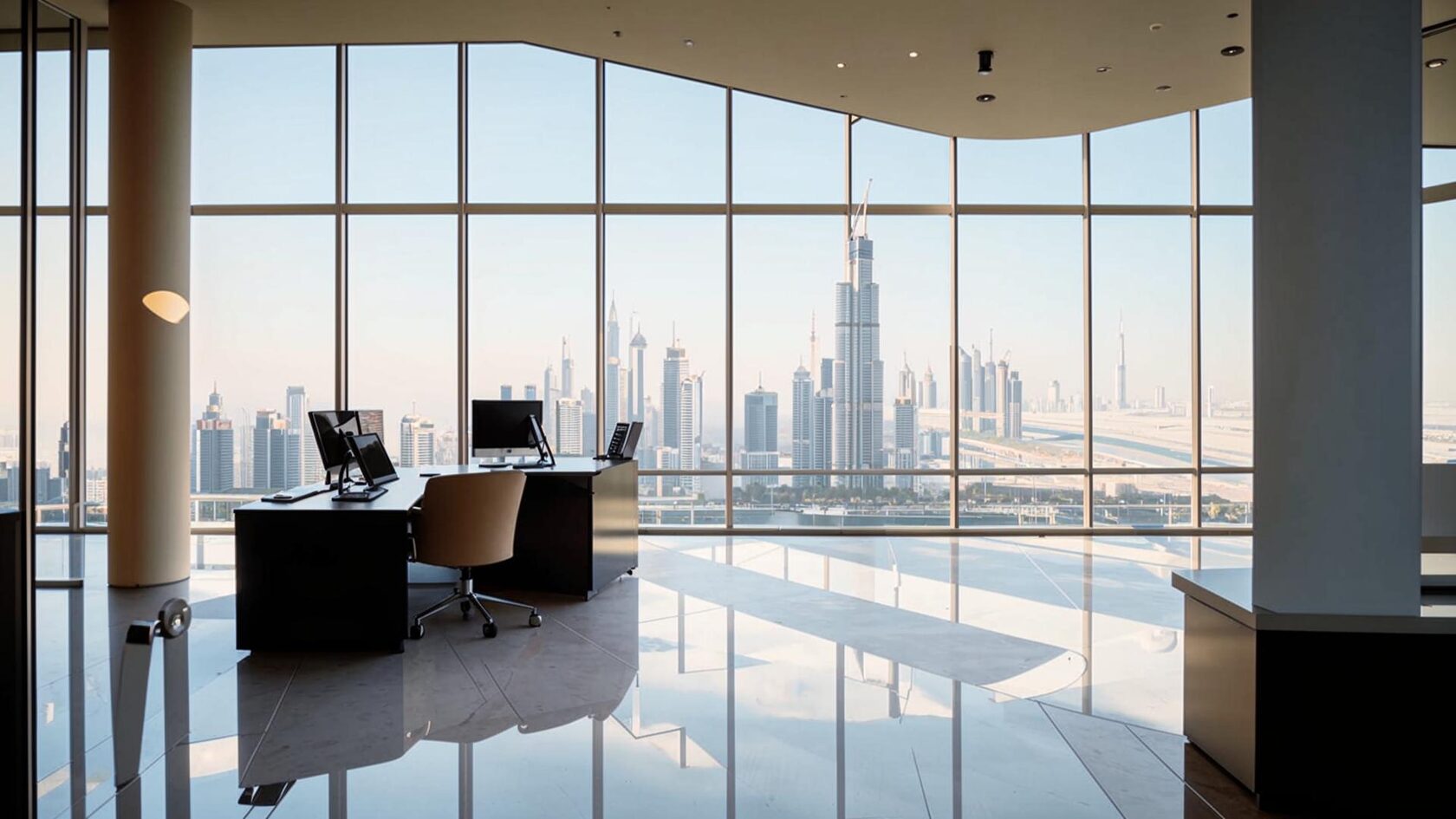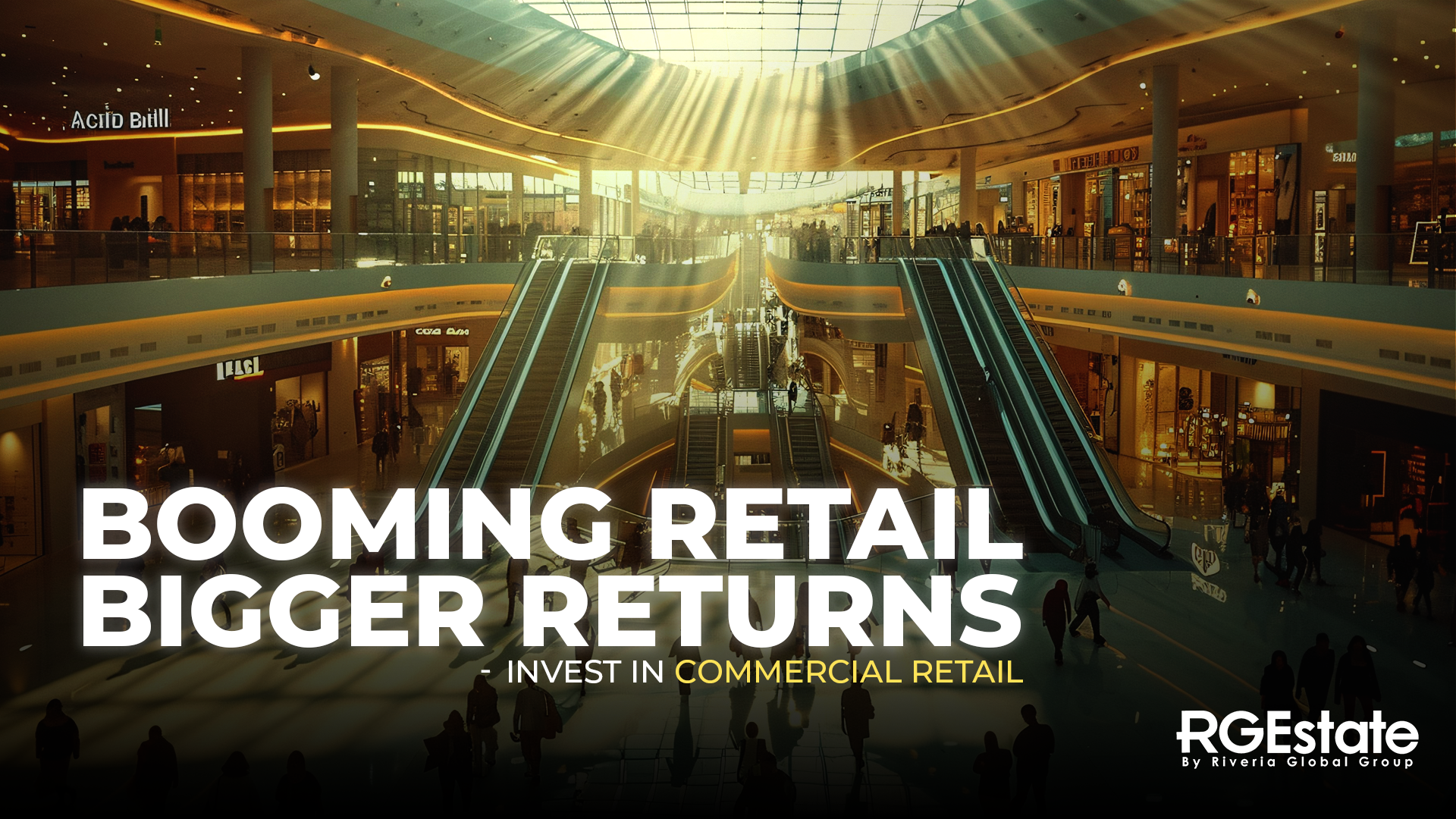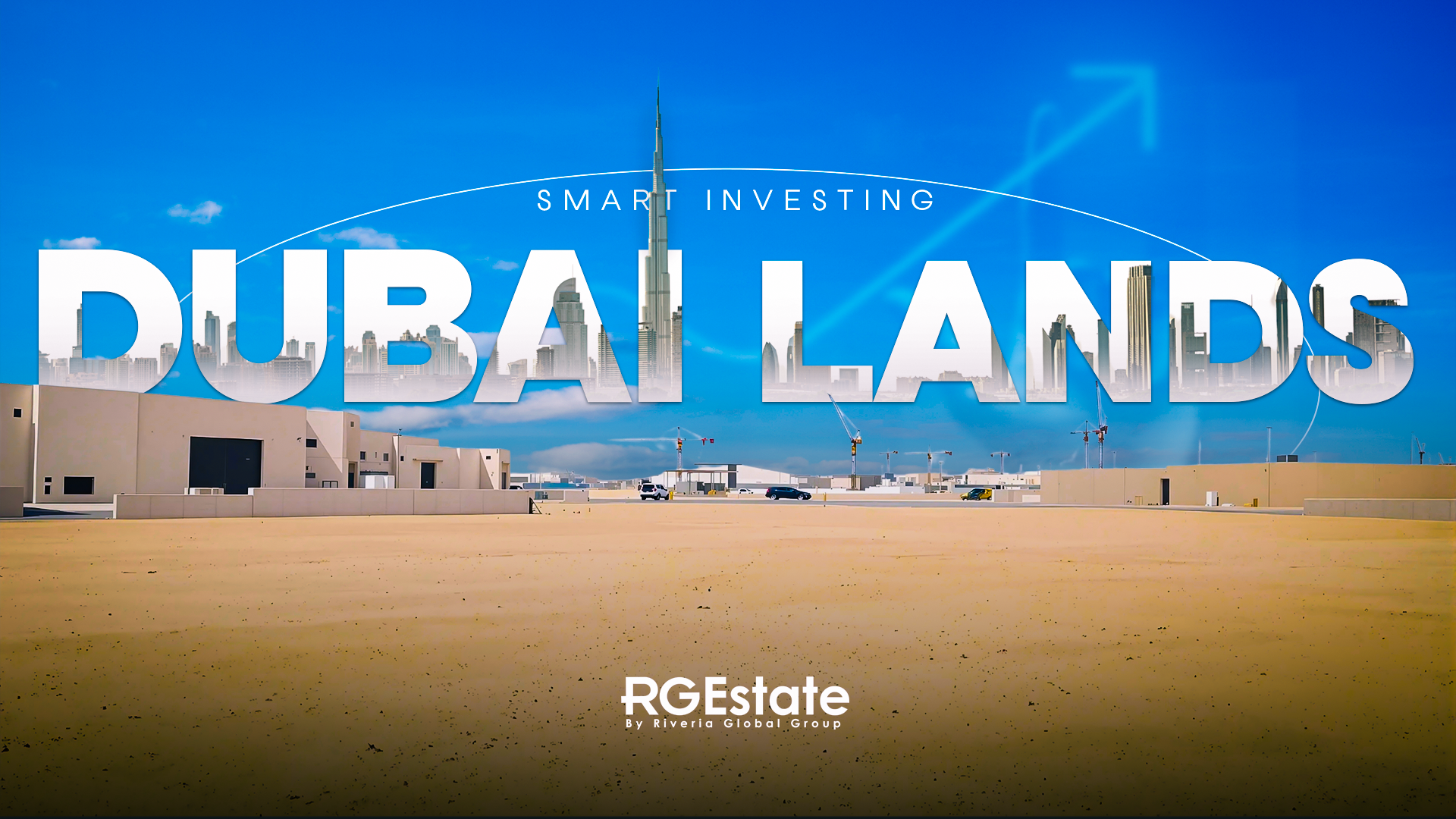The Complete Checklist for Viewing a Commercial Property in Dubai

The UAE's thriving economy continues to attract significant investment, fueling demand across the entire commercial real estate spectrum. No matter if you're establishing a logistics hub, launching a retail store, or securing a corporate headquarters, the right property is a critical asset that impacts your operational efficiency, brand identity, and long-term growth.
Moving beyond a one-size-fits-all approach is essential. This checklist provides a detailed framework for evaluating various types of commercial properties in Dubai, ensuring you assess every vital aspect before committing to a lease or purchase.
Pre-Visit Preparation & Defining Your Needs
Before any site visit, you need to have a clear strategy in mind.
1. Define Your Commercial Type: First, identify your primary property type, as this dictates your checklist priorities.
- Warehouse/Industrial: Focus on logistics, ceiling height, and power capacity.
- Retail: Prioritize foot traffic, visibility, and façade appeal.
- Mixed-Use: Balance commercial viability with residential or hotel components.
- Commercial Building (Office): Consider layout efficiency, prestige, and amenities.
2. Budget Confirmation: Establish your total budget, including the annual rent/purchase price, security deposit, agent commission, and all service or chiller fees. Understand the payment schedule.
3. Review Documentation: Request the title deed to verify ownership. For leased properties, ask for the current tenancy contract. Check the property's NOC (No Objection Certificate) for your intended commercial activity.
Property-Specific Evaluation Checklists
1. Warehouses in DIP & DIC: Leasehold vs. Freehold
When viewing warehouses in key industrial zones like Dubai Investment Park (DIP) or Dubai Industrial City (DIC), the leasehold vs. freehold distinction is critical.
Land Tenure:
- Freehold: You own the land and the warehouse outright. Confirm this on the title deed. This is common in DIP for designated areas and offers the highest degree of control and asset value.
- Leasehold: You lease the land from the master developer for an extended period (e.g., 30+ years). You own the building itself. Understand the remaining lease term, renewal options, and ground rent obligations.
Logistics & Access:
- Assess access for heavy trucks - check turning radii, loading dock heights, and gate clearances.
- Verify proximity to major highways like Sheikh Mohammed Bin Zayed Road and Emirates Road.
Specifications:
- Clear Height: Essential for storage racking. Measure the eaves height.
- Floor Load Capacity: Confirm it can support your machinery and inventory.
- Power Supply: Verify that the power supply is capable of providing three-phase power and sufficient amperage for industrial equipment.
- Office Finish: Many warehouses include a built-out office mezzanine; assess its condition and size.
2. Mixed-Use Plots
Evaluating a mixed-use plot requires a vision for both development and integration.
- Master Developer Regulations: Scrutinize the plot's designation within the community master plan. What are the allowable uses (commercial, residential, hotel)? What are the restrictions (e.g., height, density, parking requirements)?
- Infrastructure Connectivity: Verify the availability and cost of connecting to main utilities (power, water, sewage, fiber optics).
- Traffic Flow & Access: Analyze how customers, residents, and delivery vehicles will access the different components of your development without conflict.
- Synergy Potential: Consider how the different uses (e.g., retail on the ground floor, offices above) can complement each other and create a cohesive, valuable asset.
3. Retail Properties
For retail, location and visibility are everything.
- Foot Traffic & Demographics: Visit at different times and days to gauge actual customer flow. Analyze the surrounding area's demographics to ensure they match your target market.
- Visibility & Signage: Check for clear, unobstructed sightlines from the street. Examine the building's policy on external signage, including size, placement, and illumination. Obtain prior written management approval.
- Façade and Frontage: The storefront's appeal is your first marketing tool. Assess the condition of the windows, doors, and entryway.
- Internal Layout: For the sales floor, look for a flexible, open layout. Check the condition of the flooring and lighting. For the "back of house," ensure adequate storage and staff facilities.
- Competition & Neighboring Tenants: Are adjacent businesses complementary (driving traffic) or direct competitors?
4. Commercial Buildings (Office & Corporate Space)
This expands on the original checklist with a broader perspective.
- Building Class & Image: Determine the building's classification (Grade A, B, or C) and ensure it aligns with your corporate brand and image.
- Layout and Efficiency: Confirm the floor plate efficiency. Check for column spacing and the ability to configure private offices, meeting rooms, and open-plan workstations.
- Infrastructure & Technology: Verify the availability and cost of connecting to main utilities (power, water, sewage, fiber optics)
- Electrical Systems: Locate the main panel. Ensure capacity is sufficient for a modern, tech-heavy office.
- HVAC: Inquire about the central AC system's operational hours, zoning controls, and any separate chiller fees
- Connectivity: Confirm which telecom providers service the building and the availability of fiber optic cables.
- Parking & Amenities: Inspect the availability and cost of parking for employees and clients. Evaluate nearby amenities like banks, cafes, and restaurants for employee convenience.
Legal and Administrative Considerations (Universal)
These points apply to all types of commercial properties.
- EJARI and DEWA: Confirm the process for tenancy contract registration (Ejari) and transferring the DEWA connection, including required deposits.
- Maintenance Responsibilities: Clearly delineate responsibilities between landlord (structural, major building systems) and tenant (internal, day-to-day repairs).
- Building Management: Obtain contact details for the property management company. Gauge their responsiveness and professionalism, as they will be your day-to-day point of contact.
Final Due Diligence
-
Cost-Benefit Analysis: Weigh the total cost of the property against its location, condition, and specific benefits for your business. Factor in any necessary fit-out costs.
-
Professional Consultation: It is strongly advised to work with a reputable real estate agent specializing in your property type and to have a legal professional review all contracts before commitment.
A careful inspection using this checklist will provide a clear picture of the property's suitability. It is strongly advised to work with a reputable real estate agent and consult a legal professional to review all contracts before committing. This due diligence is the foundation for a successful and secure commercial tenancy in Dubai.
Rent or Purchase Commercial Real Estate in Dubai With RGEstate
At RGEstate, we guide clients through the entire business settlement process, from finding the perfect commercial property to rent in Dubai to acquiring the necessary licenses for setting up a business. With a strong grasp of current trends in Dubai's commercial real estate market, our experts ensure you make informed decisions every step of the way.
For further details, please feel free to get in touch with us at +971 55 279 2403.








